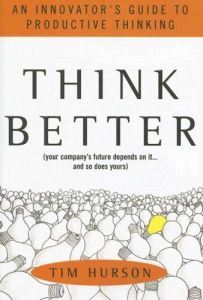
Think Better
An Innovator's Guide to Productive Thinking
Read offline
Recommendation
Tim Hurson begins with a simple premise: Anyone can learn to “think better” – in other words, more creatively and productively. He says that by applying his methods, anyone can reliably come up with fresh ideas and solutions. If you’ve dipped into the fields of creativity, innovation or brainstorming before, you may find yourself nodding along, since his initial ideas are not surprising. Similarly, some of the techniques Hurson offers and the examples he shares to illustrate them will be familiar to anyone who has even a passing acquaintance with the field. However, others of his techniques are new. Hurson supplies prompts, basic diagrams, questions and examples. He adores mnemonics, formulas and acronyms. The book is written clearly and simply enough to appeal to inexperienced readers. However, getAbstract especially recommends it to managers and trainers with knowledge of the field; you’ll be more able to quickly see the distinctions between Hurson’s techniques and other brainstorming methods and appreciate the value he is offering.
Take-Aways
About the Author
Tim Hurson is a founding director of Facilitators Without Borders and a founding partner of thinkx, a firm providing training in productive thinking and innovation.










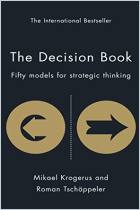
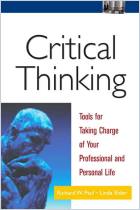
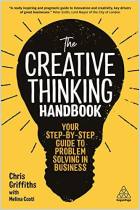
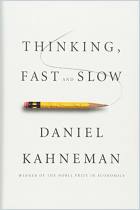
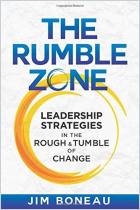
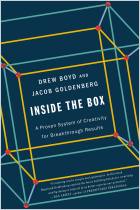



Comment on this summary or 开始讨论
Review your final ideas using the “POWER” method:
“Positives” – Why will these ideas work?
“Objections” –What’s wrong with them? Why won’t they work? “What else?” –What’s missing from your ideas? “Enhancements” – How can you improve them?
“Remedies” – How can you fix what’s wrong with them?